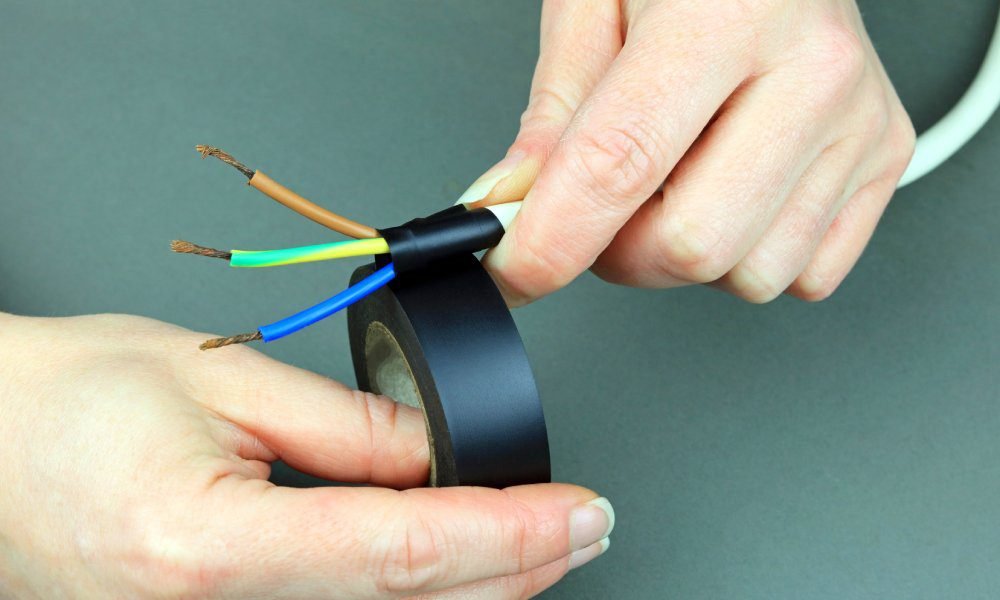Electrical insulation is a fundamental aspect of electrical engineering because it supports safety and efficiency in various applications. Understanding the materials we use for insulation and its various properties enables us to make informed decisions on everything, from the smallest DIY project to widescale electrical system renovations. Here’s what you need to know about electrical insulation and how it can benefit you.
Types of Electrical Insulation Materials
Electrical insulation comes in many forms. Common options include rubber, plastic, phenolic sheets, and glass. Rubber is flexible and resists moisture, making it ideal for cables and wires. Plastic, especially PVC, is commonplace due to its durability and cost-effectiveness.
There are many distinct benefits of using phenolic paper laminated sheets for electrical insulation since their composition greatly reduces the risk of short circuits. Glass offers excellent thermal resistance in high-temperature environments.
Why Electrical Insulation Matters
When exploring what you need to know about electrical insulation, you should know why it matters. Electrical insulation is crucial for preventing electrical shocks, short circuits, and fires.
Insulating materials create a barrier that restricts the flow of electric current, ensuring that electricity flows through the intended path. This not only protects users from potential harm but also enhances the longevity and performance of electrical systems. Insulation can also reduce energy loss and improve the efficiency of electrical devices.
Selecting the Best Insulation Material
Choosing the appropriate insulation material depends on several factors, including the application’s voltage requirements, environmental conditions, and mechanical stress. If you’re working in a hot setting, you may prefer something like glass or ceramic that won’t melt.
You might want to use rubber or plastic in applications requiring flexibility and moisture resistance. Consider the material’s dielectric strength, which indicates its ability to withstand electrical stress without breaking down.
Understanding the different materials we use for electrical insulation and their properties can help you make informed decisions for your projects. If you’re looking to enhance your knowledge or need expert advice on choosing the right insulation material, consult an electrical engineering professional. They can provide valuable insights and recommendations for your project.
